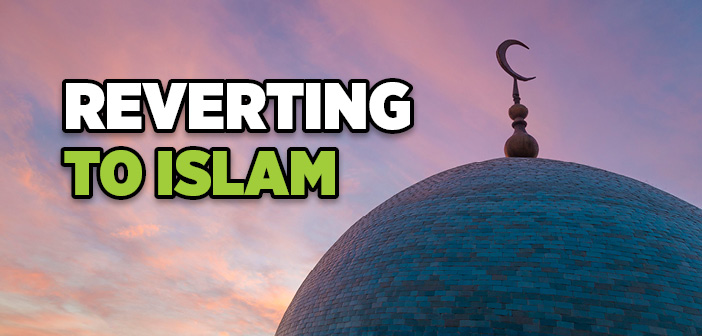What is ramadan festival? When is ramadan festival? When is the eid ramadan?
When the Prophet came to Medina in 623 C.E, he encountered the people celebrating two days of the year with ceremonies and entertainment. Anas, (may Allah be pleased with him) who was a boy at that time, reported; “When the Messenger of Allah came to Medina, the people had two days on which they engaged in games, so he asked them; “what is the significance of these two days?” The people replied that these were the days that they had celebrated since the pre-Islamic period. The Messenger of Allah then said; “Allah has substituted for them something better, the day of sacrifice and the day of the breaking of the fast.”[1] Eid al-Fitr is the festival which marks the end of Ramadan; it takes place on the first day of the lunar month of Shawwal, and its celebration extends to a period of three days. On the morning of Eid al-Fitr, the Prophet (peace and blessings be upon him), would not leave for the ritual Eid prayer until he had sweetened his mouth with a couple of dates.[2] For Muslims, this Sunnah of the Prophet became influential in the development of the custom of making sweets and desserts and offering them to guests on Eid. Since the festival days are celebrated by eating together and offering food to others, the Prophet prohibited fasting on these days.[3] The occasion of Eid-al-Fitr is a time of great joy and thankfulness for Muslims because they have completed their obligation of fasting. The festival is characterized by a morning salah just after sunrise, good food, visiting and exchanging greetings, and, entertainment and joy. It is important to know that it is obligatory to pay a charity called, ‘zakat al-Fitr’ before the time of the festival salah. Zakat al-Fitr is commonly a specified amount of grain or other foodstuff, or alternatively, a sum of money equivalent to the cost of one meal; which is given on behalf of every member of one’s family, to the needy Muslims, either directly, or through some Islamic organization. The festival ritual prayer is performed in congregation. The two cycle prayer following the Imam is Sunnah mu’akkadah for those people who are required to perform the Friday prayer. It is known that the Prophet recited additional takbirs during the festival ritual prayers,[4] recited chapter al-ʿAlaʾ in the first cycle and chapter al-Gashiya in the second cycle,[5] and then finally delivered the festival sermon.[6] Normally, every able-bodied male attends these prayers, but the Prophet also urged that all the women should be present even if they are not able to pray due to their monthly indisposition. The first exchange of greetings and wishes for happy holidays, takes place just after the sermon ends.
[1]. Abu Dawud, Salat, 239; Al-Nasai, ʾIdayn, 1.[2]. Ibn Maja, Siyam, 49.[3]. Sahih al-Bukhari, Savm, 67; Sahih Muslim, Siyam, 142.[4] Al-Darimi, Salat, 220; Ibn Maja, Iqama, 156.[5]. Sahih Muslim, Jumʾa, 62; Abu Dawud, Salat, 234, 236.[6].Sahih al-Bukhari, ʾIdayn, 8; Muslim, ʾIdayn, 8.
Source: Islam For New Muslims An Educational Guide,Assoc. Prof. Amjad M. Hussain, Erkam Publications





